WASHINGTON (PTI): Quad - comprising Japan, India, Australia and the United States - is not an alliance but a grouping of countries driven by shared interests and values and interested in strengthening a rules-based order in the strategically-important Indo-Pacific region, a senior Trump administration official has said.
The four countries had in 2017 given shape to the long-pending proposal of setting up the "Quad" or the Quadrilateral coalition to counter China's aggressive behaviour in the Indo-Pacific region.
"There's nothing about the Quad that it is an alliance. It is not formalised. There's no reciprocal obligation among the countries who are involved. It's not an organisation that solicits membership," a senior administration official said during a conference call with reporters ahead of the next week's 2+2 Ministerial Dialogue between India and the US.
US Secretary of State Mike Pompeo and Defence Secretary Mark Esper are travelling to India to hold talks with External Affairs Minister S Jaishankar and Defence Minister Rajnath Singh. The visiting American officials would also be meeting Prime Minister Narendra Modi.
To a query, the official said, the Quad ministerial meeting that they had in Tokyo in October just demonstrated the strong ties among the Indo-Pacific democracies.
"I would say it's a grouping of countries who are interested in strengthening a rules-based order in which all nations are sovereign, strong, and prosperous. It's an opportunity for us to carry out continued dialogue and to work towards mutually agreed-upon outcomes.
"It's a grouping of countries that's driven by shared interests and values rather than binding obligations. That's an example of effective multilateralism at its best," the official said, requesting anonymity.
As the US, Japan, Australia, and India are getting together to cooperate on one issue or another, if there are other countries that want to participate in those discussions or those activities, the door is always open, the official said.
The cooperation of the US and India on the Quad along with Australia and Japan really reflect a convergence of common values and interests in the region, the official said.
"We're the two largest democracies in the Indo-Pacific region, and we have shared values and interests with all four countries. It's not an exclusive grouping by any means. All four countries are interested and eager in welcoming other countries to the table for individual elements of cooperation that we do, some of them under the Quad framework but not all of them. That's for sure," the official said.
"It is something that's flexible and reflects our common values and interests, and I think is really for the long term," the official said.
In November 2017, India, Japan, the US and Australia gave shape to the long-pending proposal of setting up the "Quad" to develop a new strategy to keep the critical sea routes in the Indo-Pacific free of any influence.
In the midst of growing global concern over China''s expansionist behaviour, the foreign ministers of the Quad member nations met in Tokyo on October 6 and reaffirmed their collective vision for a free, open and inclusive Indo-Pacific.
The foreign minister of the four countries held their first meeting under the ''Quad'' framework in New York in September 2019.
The evolving situation in the Indo-Pacific region in the wake of China's increasing military muscle flexing has become a major talking point among leading global powers. The US has been favouring making Quad a security architecture to check China''s growing assertiveness.
China is engaged in hotly contested territorial disputes in the South and East China Seas. Beijing has also made substantial progress in militarising its man-made islands in the past few years.
Beijing claims sovereignty over all of the South China Sea. But Vietnam, Malaysia, the Philippines, Brunei and Taiwan have counterclaims. In the East China Sea, China has territorial disputes with Japan.
The South China Sea and the East China Sea are stated to be rich in minerals, oil and other natural resources. They are also vital to global trade. Although the US lays no claims to the disputed waters, it has challenged China's growing territorial claims in the South China Sea by deploying warships and fighter jets to assert freedom of navigation and overflight patrols in the strategically vital region.
Quad countries interested in strengthening rules-based order in Indo-Pacific: US official
Other Related News
ISRO Chief inaugurates space start-up Digantara's headquarters in Bengaluru
Indian Space Research Organisation (ISRO) Chairman S Somanath has inaugurated the global headquarters of space sector start-up Digantara, which is gearing to launch the first ever space surveillance satellite, in Bengaluru.
 Previous Article
Previous Article

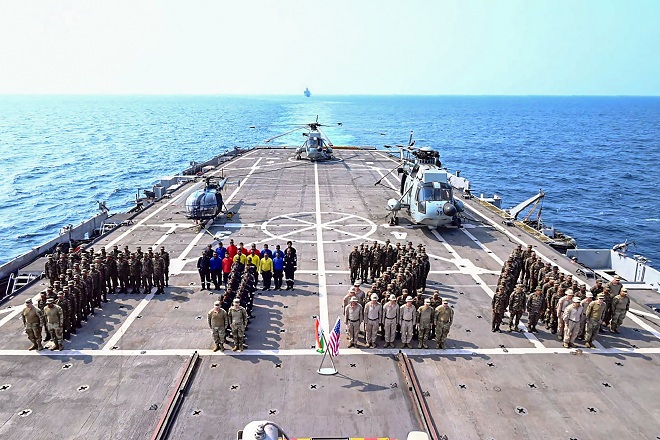
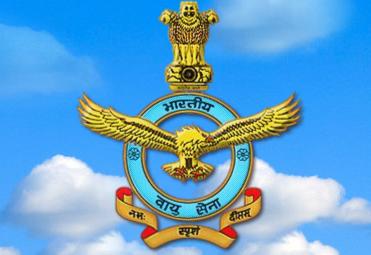
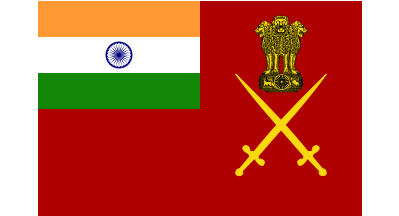
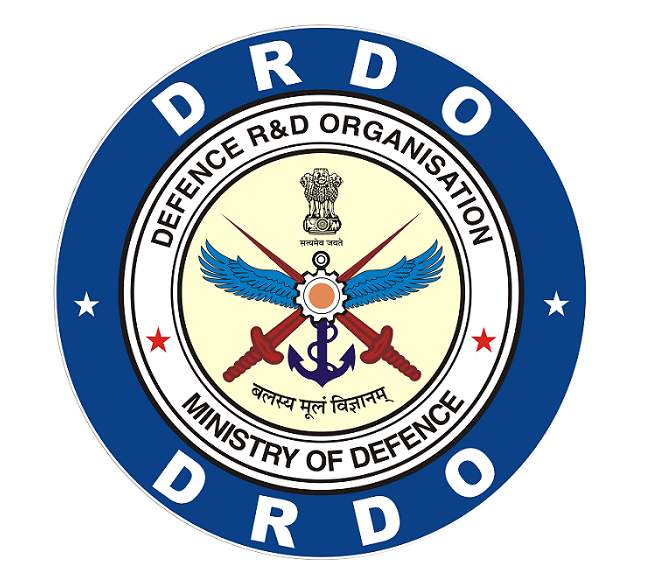
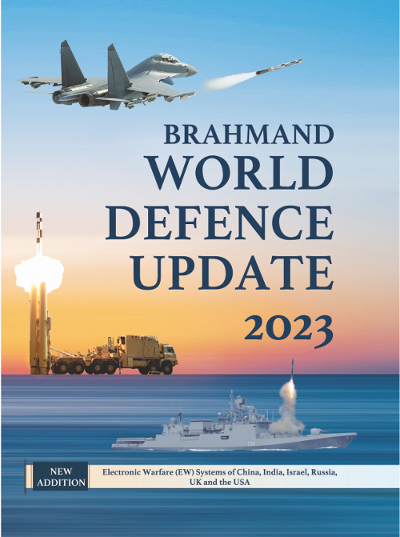




The Indian Air Force, in its flight trials evaluation report submitted before the Defence Ministry l..
view articleAn insight into the Medium Multi-Role Combat Aircraft competition...
view articleSky enthusiasts can now spot the International Space Station (ISS) commanded by Indian-American astr..
view article